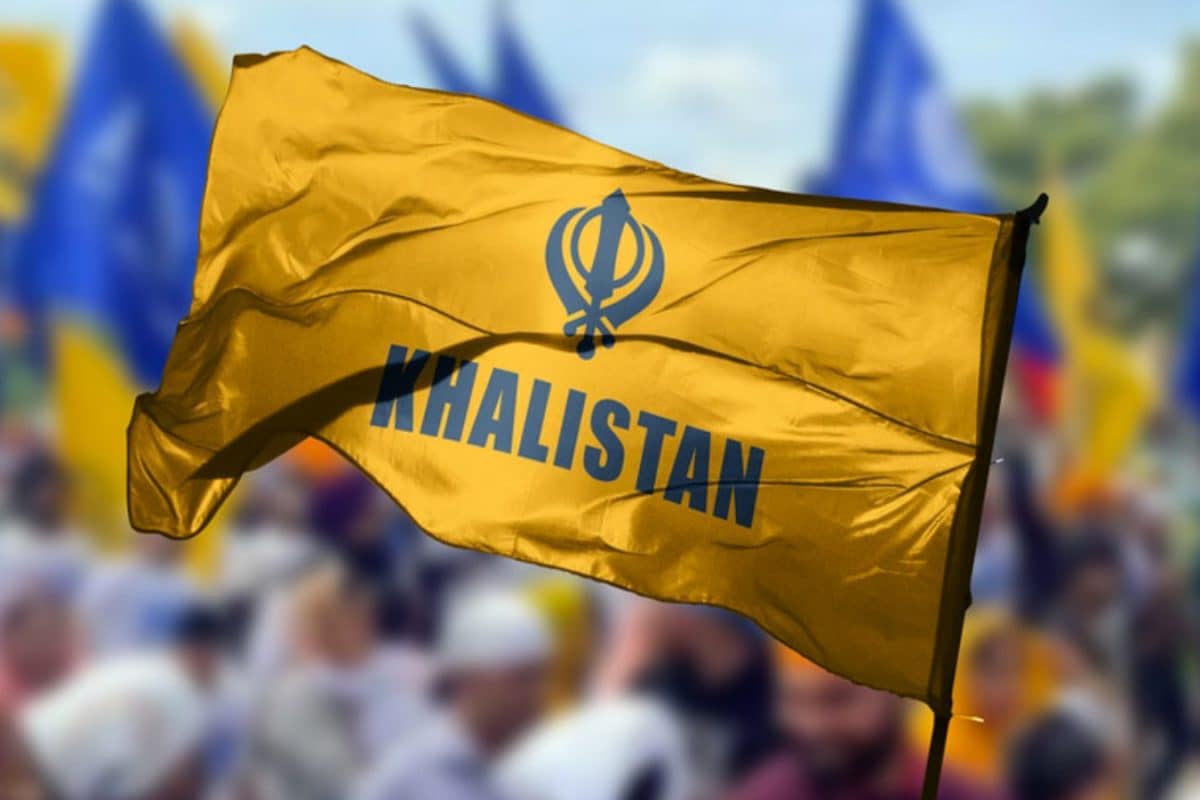

In a noteworthy decision, the UK Charity Commission has permitted a British Gurdwara, Gurdwara Sri Guru Singh Sabha Slough, to display plaques bearing the word "Khalistan". This ruling, made after a thorough investigation that began in 2019, acknowledges that the term carries religious significance within the Sikh community, and that the presence of the plaques does not inherently advocate for a separate political state.
The term "Khalistan" refers to a proposed independent Sikh state, primarily encompassing the Punjab region of India. The Khalistan movement, which gained momentum in the 1970s and 80s, envisions a separate homeland for Sikhs, driven by a desire for self-determination and the preservation of Sikh identity and culture. The movement's roots can be traced back to the early 20th century, with explicit calls for Khalistan emerging in the 1940s as British rule in India neared its end.
The UK Charity Commission's investigation was prompted by a complaint filed by an Indian journalist who noticed a "Khalistan board" inside the Gurdwara. The commission, responsible for regulating places of worship in the UK, initially issued an ultimatum in December 2024, instructing the Gurdwara's trustees to remove the plaques by March 10, 2025. The commission's guidance prohibits advocating for any political party or state.
However, the ultimatum triggered a series of meetings and discussions between the commission, various Sikh organizations, and three Sikh Members of Parliament. These discussions aimed to provide clarity on the meaning and significance of "Khalistan" within the Sikh context. Dabinderjit Singh, a lead executive at the Sikh Federation UK, explained to the commission that the word "Khalistan" on its own translates to "land of the pure," distinguishing it from explicitly political slogans like "Khalistan Zindabad".
Ultimately, the Charity Commission concluded that "Khalistan" holds both religious and, for some, political meaning. As the plaques in the Gurdwara did not contain material advocating for a political state, the commission determined that the charity was acting within its religious objectives. This decision effectively allows the Gurdwara to retain the plaques.
The Gurdwara in Slough has reportedly displayed the Khalistan plaques for nearly 50 years. Following the commission's ruling, other Gurdwaras in the UK, including those in Birmingham, Derby, Leicester, and London, may also display the word "Khalistan".
The Khalistan movement has a complex and often controversial history. While proponents view it as a legitimate expression of Sikh aspirations for self-determination, critics argue that it promotes separatism and undermines India's territorial integrity. The movement reached its peak in the 1980s but waned in the 1990s due to various factors, including police crackdowns, internal conflicts, and disillusionment among the Sikh population. However, it has seen a resurgence in recent years, particularly among the Sikh diaspora.
The issue of Khalistan continues to be a sensitive one, particularly in India-Canada relations. The Canadian government has faced criticism for allegedly allowing Khalistani extremism to flourish on its soil. Most recently, a symbolic "Embassy of the Republic of Khalistan" was established at a Gurdwara in Surrey, British Columbia, further straining relations between the two countries.
The UK Charity Commission's decision reflects a nuanced understanding of the term "Khalistan," acknowledging its religious significance while also recognizing its political connotations. By allowing the Gurdwara to display the plaques, the commission has affirmed the importance of religious expression while also emphasizing the need to avoid advocating for political causes within charitable institutions.